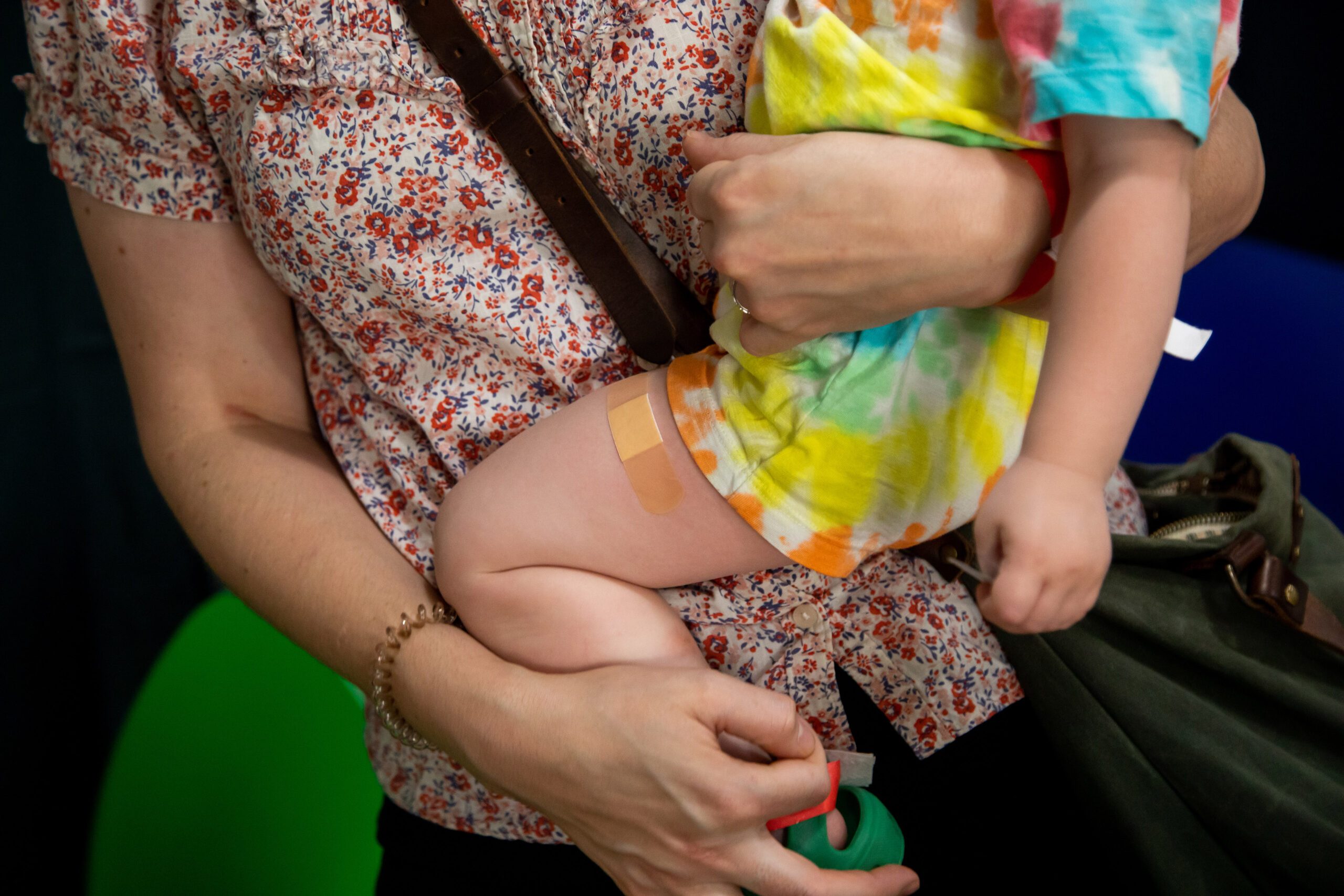By Claire Loewen-McGill
“The problem is that people use sunscreen as a ‘permission slip’ to tan,” says Ivan Litvinov, an associate professor in the department of medicine and chair of the dermatology division at McGill University and coauthor of two recent studies that explore the sunscreen paradox.
“People think they are protected from skin cancer because they are using a product marketed to prevent a condition.”
Most people don’t apply enough sunscreen or stay in the sun for hours after applying sunscreen in the morning. “This gives them a false sense of security,” Litvinov says.
To understand the factors between varying incidence rates of melanoma in the Atlantic provinces of Canada, researchers including Litvinov and colleague Sandra Peláez conducted 23 focus groups.
In the first study, published in the journal Cancers, the researchers found that Canadians living in Nova Scotia and Prince Edward Island—provinces with high melanoma incidence rates—were more likely to report using sun protection, more aware of the health risks of sun exposure, and more apt to follow the UV index.
Despite this, they also received more sun exposure due to warmer temperatures and a tendency to engage in outdoor activities.
Similarly, in a second study of the United Kingdom Biobank by Jeremian, Xie, and Litvinov, the researchers documented that sunscreen use was surprisingly associated with a more than twofold risk of developing skin cancer. This study appears in Cancer Epidemiology Biomarkers and Prevention.
“These combined findings suggest a sunscreen paradox, whereby individuals with higher levels of sun exposure also tend to use more but not an adequate quantity of sunscreen or other sun-protection measures, providing a false sense of security,” Litvinov says.
Interventions to address knowledge and practice gaps in sun protection and skin cancer prevention must consider this sunscreen paradox and the unique norms of communities around the world, he says.
“Sunscreen is important, but it is also the least effective way to protect your skin when compared to sun protective clothing, rash guards, and sun avoidance. People can and should enjoy the outdoors, but without getting a sunburn or a suntan,” says Litvinov.
Source: McGill University
Original Study DOI: 10.3390/cancers15194726
—
This post was previously published on FUTURITY.ORG and is republished here under a Creative Commons license.
***
You may also like these posts on The Good Men Project:
 White Fragility: Talking to White People About Racism
White Fragility: Talking to White People About Racism  Escape the “Act Like a Man” Box
Escape the “Act Like a Man” Box  The Lack of Gentle Platonic Touch in Men’s Lives is a Killer
The Lack of Gentle Platonic Touch in Men’s Lives is a Killer  What We Talk About When We Talk About Men
What We Talk About When We Talk About Men Join The Good Men Project as a Premium Member today.
All Premium Members get to view The Good Men Project with NO ADS.
A $50 annual membership gives you an all access pass. You can be a part of every call, group, class and community.
A $25 annual membership gives you access to one class, one Social Interest group and our online communities.
A $12 annual membership gives you access to our Friday calls with the publisher, our online community.
Register New Account
Log in if you wish to renew an existing subscription.
Username
First Name
Last Name
Password
Password Again
Choose your subscription level
- Yearly - $50.00 - 1 Year
- Monthly - $6.99 - 1 Month
Credit / Debit Card PayPal Choose Your Payment Method
Auto Renew
Subscribe to The Good Men Project Daily Newsletter By completing this registration form, you are also agreeing to our Terms of Service which can be found here.Need more info? A complete list of benefits is here.
—
Photo credit: iStock.com
The post Scientists Warn of the ‘Sunscreen Paradox’ appeared first on The Good Men Project.
Original Article









